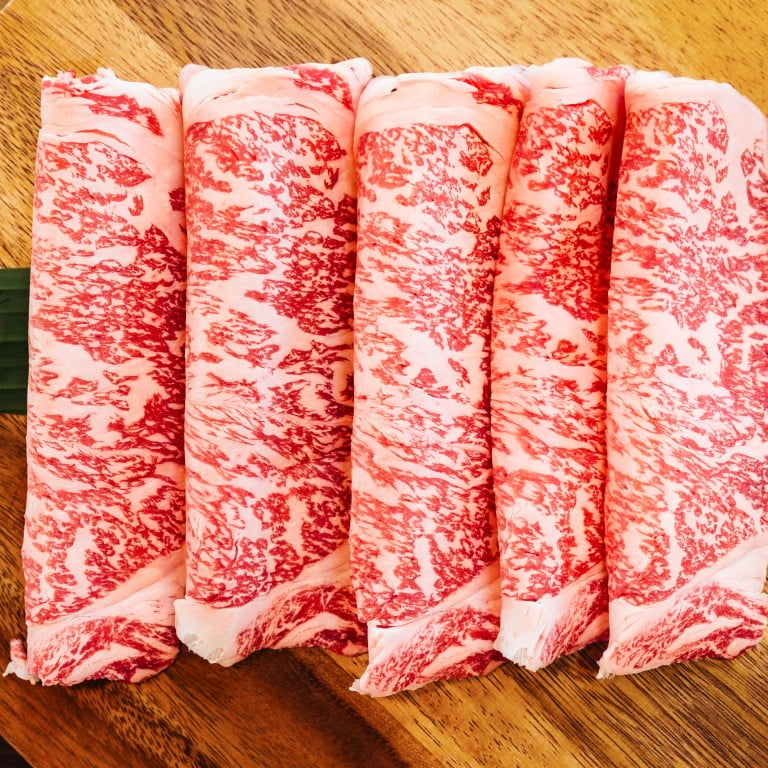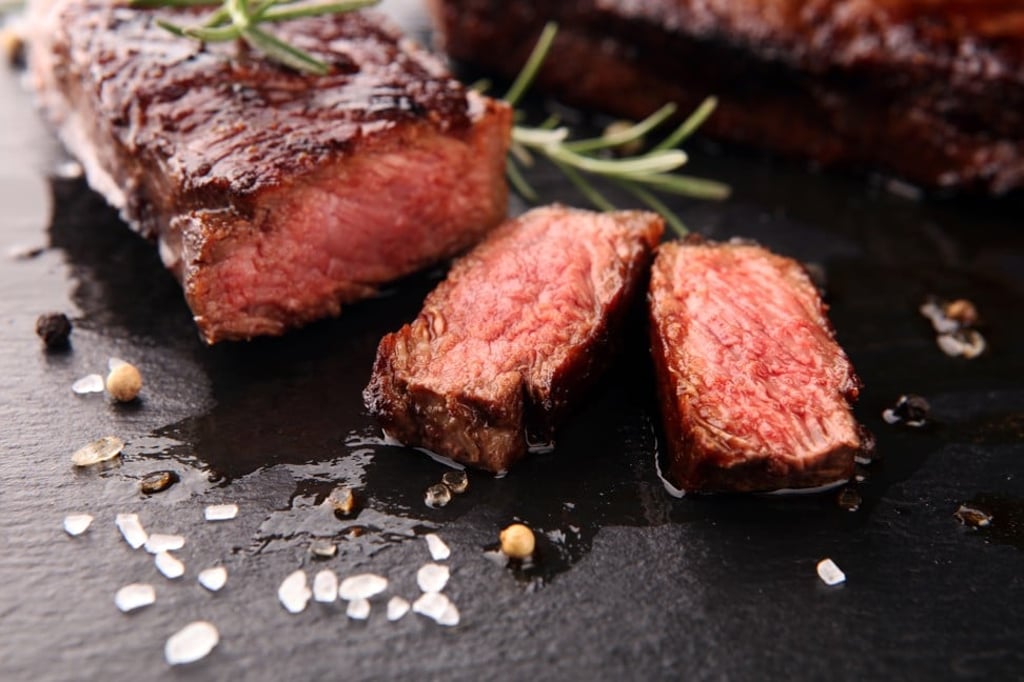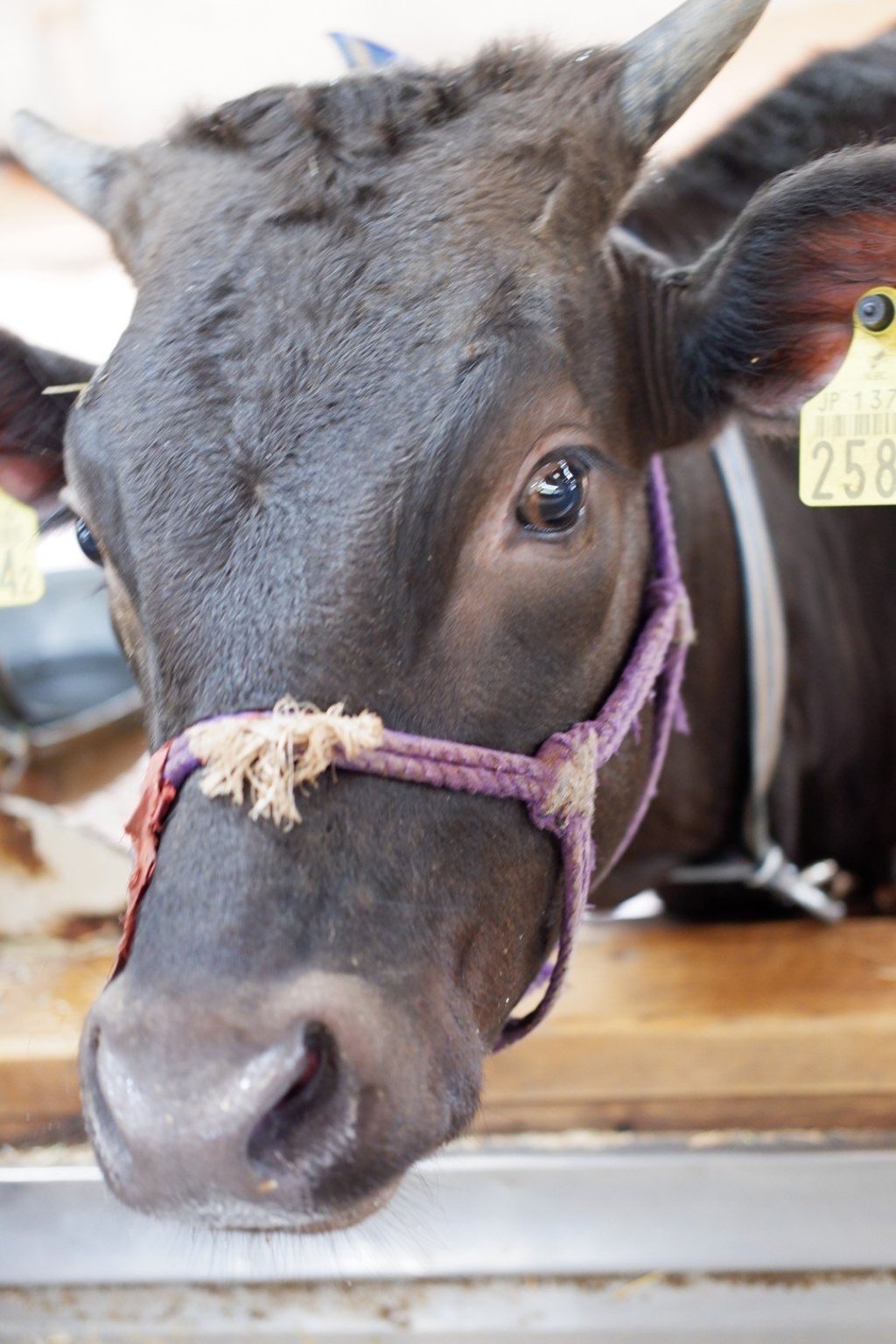What makes Kobe beef Japan’s top Wagyu – and why is it so expensive?

In Japan, beautifully mottled Kobe beef retails for an eye-watering US$321 to US$395 a kilogram for the rib-eye cut
You are at the members-only Wagyumafia The Butcher’s Kitchen, a progressive Wagyu and Kobe beef omakase restaurant in Roppongi, Tokyo, and you are tackling a thin slice of 145-day dry-aged Kobe beef steak.
Perceived to be one of the world’s priciest cuts of beef, cutting through the Kobe steak is as easy as slicing through butter.

Just as you are savouring its rich aroma and subtle sweetness, you gaze at the chunk of beautifully mottled meat on display and wonder exactly what Kobe beef is and why it is so expensive.
In Japan, Kobe beef retails for an eye-watering 35,000 yen to 43,000 yen (US$321 to US$395) a kilogram for the rib-eye cut. It is to the Wagyu industry what Dom Perignon is to champagne.
“Kobe beef is the only Wagyu brand in Japan where the Hyogo Prefecture gets involved in protecting the genetic integrity of the Tajima herd,” says Hisato Hamada, co-founder of the Wagyumafia group of restaurants that serve seven head of Kobe beef a month.
“This goes right down to determining the bevy of yearly-changing 12 ‘super father’ Tajima bulls whose sperms are used to artificially inseminate the female Tajima cows to preserve the genetic traits of this bloodline.”
Scoff if you will at its eye-watering price, Wagyu is one of Japan’s best-known food exports and Kobe beef arguably its most internationally recognised brand.
Translated as “Japanese cow” (wa means Japanese and gyu means cow), Wagyu is often loosely used to refer to beef in Japanese. Japan’s Ministry of Agriculture, Forestry and Fisheries says that Wagyu refers exclusively to four specific Japanese purebred cattle – Japanese Shorthorn, Japanese Polled, Japanese Brown and Japanese Black.
